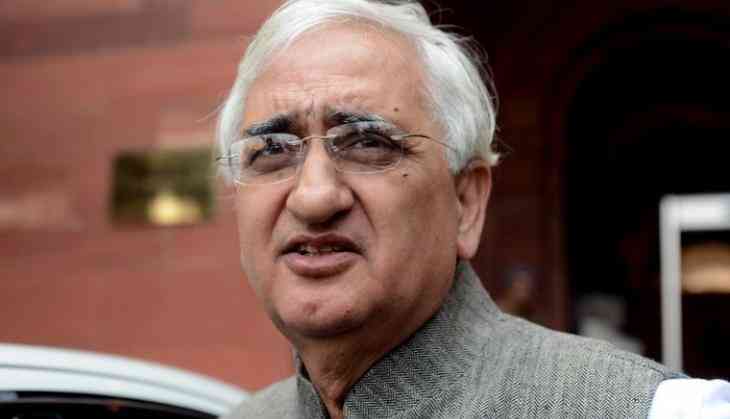
Senior lawyer and former union minister Salman Khurshid said Wednesday that all five apex court judges deciding on the triple talaq case, more or less, had accepted that the practice is not an acceptable form of behavior between a man and a woman".
The top five judges of our country came to different conclusions in the case and highlighted the probable causes behind diverse conclusions.
Khurshid said that some may say that the "minds of the judges are designed or programmed in post-colonial India, constrained by colonial education. Some may say that this is the way human beings differ; every mind responds differently because of different experience, education, DNA, family, cultural background. Somebody may say it is acceptable and somebody may say it is unacceptable. Why do people differ and how do people differ is an interesting topic. It is rather a self destructive way to say everything which is negative should be put at the door of colonialism in our country."
He called upon the budding lawyers and youth of the country to decide what they want this country to become and to aim to become the "citizens of the world with roots in India" and "the children of India but responsible citizens of the world."
The two-day National Conference on "Post Colonialism: Indian Response And Transformation" organized by the Amity Law School, Noida concluded today with Mr. Salman Khurshid -Politician (Indian National Congress and designated Sr. Advocate, Mr. Anil Bajpai- Member of Legislative Assembly, Delhi, Dr. Aman Hingorani, Senior Partner at Hingorani & Associates Mr. Baldev Bhai Sharma, Chairman, National Book Trust gracing the valediction ceremony.
The Conference aimed at tracing India's specific responses to colonialism and analyzing the postcolonial understanding of the same. It focused on tracing the socio- political intricacies of contemporary Indian times and identifying the indigenous legal patterns and traits of society.
-ANI


